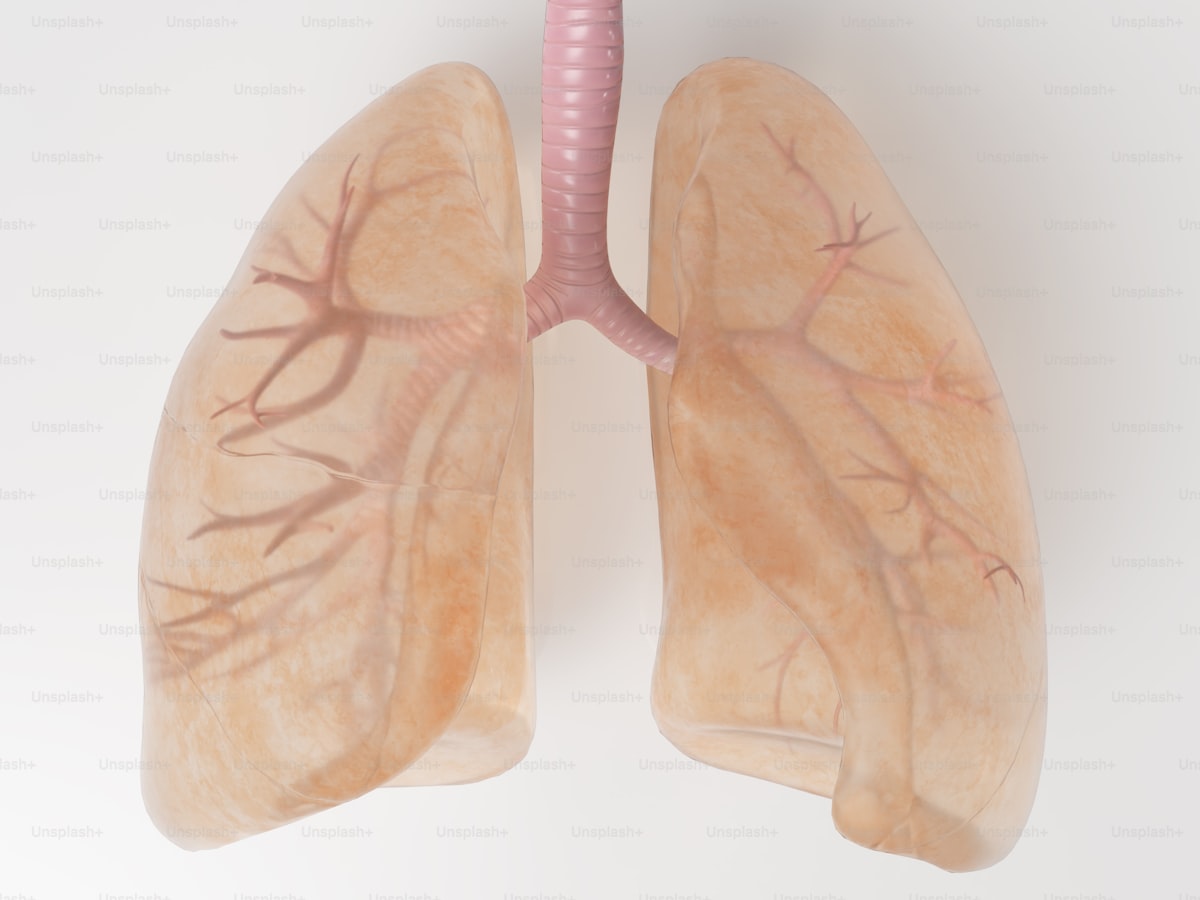
Lung cancer is one of the most common and deadliest forms of cancer, and when it reaches stage 4, it is at its most advanced and aggressive. At this stage, lung cancer has spread to other parts of the body, making it extremely difficult to treat. However, by understanding the symptoms, treatment options, and prognosis for stage 4 lung cancer, patients and their loved ones can be better prepared to navigate this challenging diagnosis.
Symptoms of Stage 4 Lung Cancer:
Stage 4 lung cancer is characterized by its ability to spread to distant parts of the body, such as the brain, liver, bones, or other lung. As a result, the symptoms of stage 4 lung cancer can vary significantly from person to person and can depend on the specific location of the metastases.
Common symptoms of stage 4 lung cancer may include:
1. Persistent cough
2. Shortness of breath
3. Chest pain
4. Wheezing
5. Coughing up blood
6. Fatigue
7. Unexplained weight loss
8. Loss of appetite
9. Bone pain
10. Headaches
11. Seizures
12. Jaundice
It’s important to note that these symptoms can also be indicative of other conditions, so it’s crucial to seek medical attention for a proper diagnosis if experiencing any of these symptoms.
Treatment Options for Stage 4 Lung Cancer:
When it comes to treating stage 4 lung cancer, the goal is often to manage symptoms and improve the patient’s quality of life. While a cure is rarely possible at this stage, there are still several treatment options that may be considered.
1. Chemotherapy: Chemotherapy is a common treatment for stage 4 lung cancer and involves the use of powerful drugs to kill cancer cells. It can be administered orally or intravenously and may be used in combination with other treatments.
2. Radiation Therapy: Radiation therapy uses high-energy rays to target and destroy cancer cells. It may be used to shrink tumors and alleviate symptoms such as pain or difficulty breathing.
3. Targeted Therapy: Targeted therapy drugs are designed to attack specific genetic mutations or proteins that are present in cancer cells. This type of treatment can be effective in some cases of stage 4 lung cancer.
4. Immunotherapy: Immunotherapy works by helping the body’s immune system recognize and attack cancer cells. It has shown promising results in the treatment of lung cancer and may be an option for some stage 4 patients.
5. Palliative Care: Palliative care focuses on managing symptoms and improving the quality of life for patients with advanced cancer. It may include pain management, emotional support, and assistance with daily activities.
6. Clinical Trials: Clinical trials for new and innovative treatments are often available for patients with stage 4 lung cancer. Participating in a clinical trial may offer access to cutting-edge therapies that are not yet widely available.
Prognosis for Stage 4 Lung Cancer:
The prognosis for stage 4 lung cancer is generally poor, with a five-year survival rate of less than 5%. However, it’s important to remember that every patient is unique, and survival rates can vary based on individual factors such as age, overall health, and response to treatment.
In general, the prognosis for stage 4 lung cancer is influenced by the following factors:
1. The extent of the cancer’s spread: The more widespread the cancer is, the more difficult it is to treat.
2. The type of lung cancer: Non-small cell lung cancer tends to have a slightly better prognosis than small cell lung cancer.
3. The patient’s overall health: Patients with other health issues may have a harder time tolerating aggressive treatments, which can impact their prognosis.
4. Response to treatment: Some patients may respond well to treatment and experience a longer survival time, while others may not respond at all.
It’s important for patients with stage 4 lung cancer to work closely with their healthcare team to develop a personalized treatment plan and understand their prognosis. It’s also essential to seek emotional support from loved ones and consider joining a support group to connect with others who are facing similar challenges.
In Conclusion:
Stage 4 lung cancer presents significant challenges for patients and their loved ones, but by understanding the symptoms, treatment options, and prognosis, individuals can make informed decisions about their care. While a cure is often not possible at this stage, there are still treatment options available that can help manage symptoms and improve quality of life. It’s important for patients to work closely with their healthcare team and seek support from friends, family, and other resources to navigate this difficult diagnosis.












